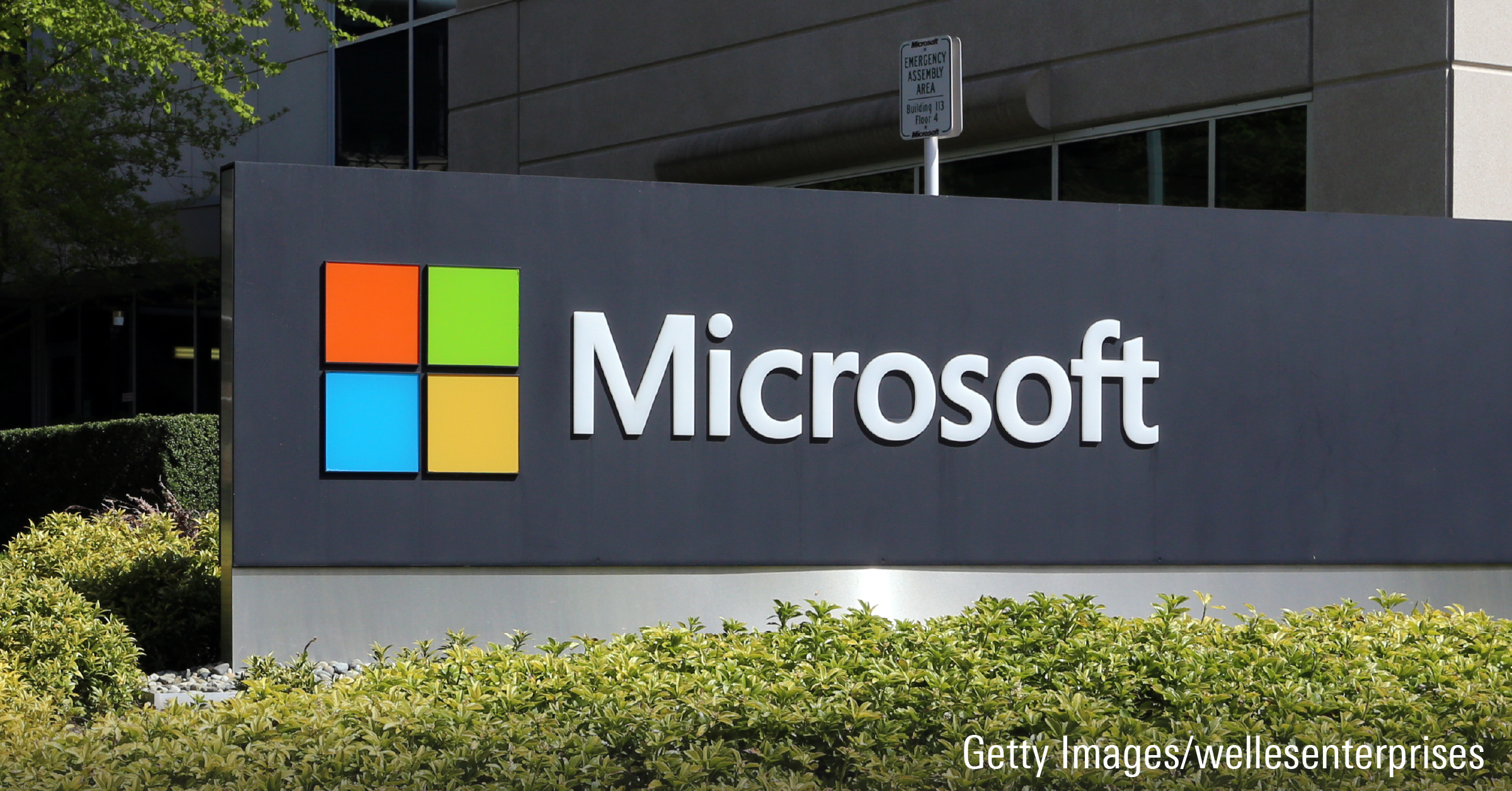Going Into Earnings, Is Microsoft Stock a Buy, a Sell, or Fairly Valued?
We’ll be watching growth in Azure and commercial bookings

Microsoft MSFT is set to release its fiscal second-quarter earnings report on Jan. 30, after the close of trading. Here’s Morningstar’s take on Microsoft’s earnings and our outlook for its stock.
Key Morningstar Metrics for Microsoft
- Fair Value Estimate: $370.00
- Star Rating: 3 stars
- Economic Moat Rating: Wide
- Uncertainty Rating: Medium
What to Watch In Microsoft Earnings
- Azure growth: Last quarter, Azure was strong, coming in better than guidance. Optimization efforts have eased (the same goes for Amazon Web Services), so building on recent momentum will be a good sign for calendar 2024.
- Commercial bookings growth: This figure rebounded sharply last quarter, so we’ll look to see the company build on it.
- Earnings outlook: Guidance for the next quarter is always important, and Microsoft sets the tone for its entire group, since it reports early in the earnings cycle.
- Activision: We’d like any insight into Activision integration or specifics around the company. This is Microsoft’s biggest acquisition ever, and while it is barely material from a financial perspective, investors will no doubt be looking for signs that this is going well.
- Margin performance: Microsoft has been an excellent operator, so we expect strength here, but the Activision integration will be a bit of a headwind.
Microsoft Stock Price
Fair Value Estimate for Microsoft
With its 3-star rating, we believe Microsoft’s stock is fairly valued compared with our long-term fair value estimate of $370 per share, which implies a fiscal 2024 enterprise value/sales multiple of 11 times, adjusted P/E multiple of 34 times, and a 1% free cash flow yield.
We model a five-year compound annual growth rate for revenue of approximately 12% inclusive of the Activision acquisition. We envision stronger revenue growth ahead, as Microsoft’s prior decade was bogged down by the downturn in 2008, the complete evaporation of mobile handset revenue from the disposal of the Nokia handset business, and the model transition to subscriptions (which initially resulted in slower revenue growth). However, we believe macro and currency factors will pressure revenue in the near term.
We believe revenue growth will be driven by Azure, Office 365, Dynamics 365, LinkedIn, and emerging AI adoption. Azure is the single most critical revenue driver over the next 10 years, in our view, as hybrid environments (where Microsoft excels) drive mass cloud adoption. We believe the combination of Azure, DBMS, Dynamics 365, and Office 365 will drive above-market growth as CIOs continue to consolidate vendors. We believe More Personal Computing will grow modestly above GDP over the next 10 years.
Read more about Microsoft’s fair value estimate.
Economic Moat Rating
We assign Microsoft overall a wide moat based on its switching costs, network effects, and cost advantages. We believe the firm is a leader across a variety of key technology areas, which should result in economic returns well in excess of its cost of capital for years to come.
We believe Microsoft’s different segments and products benefit from different moat sources. High switching costs and cost advantages drive a wide moat for Azure, which is clearly the growth engine for the Intelligent Cloud segment and one of the critical products the “new” Microsoft will be built around.
Read more about Microsoft’s moat rating.
Risk and Uncertainty
Microsoft faces risks that vary among its products and segments. High market share in the client-server architecture over the last 30 years means significant high-margin revenue is at risk, particularly in OS, Office, and Server.
Microsoft has thus far been successful in growing revenues in a constantly evolving technology landscape, and it is enjoying success in both moving existing workloads to the cloud for current customers and attracting new clients directly to Azure. However, the firm must continue to drive revenue growth of cloud-based products faster than revenue declines in on-premises products.
While we do not see significant ESG risks, we note that Microsoft faces strong competition for software engineers on the hiring front, and it also faces risks arising from a potential data breach within its data centers.
Read more about Microsoft’s risk and uncertainty.
MSFT Bulls Say
- Public cloud is widely considered to be the future of enterprise computing, and Azure is a leading service that benefits the evolution first to hybrid environments and ultimately to public cloud environments.
- Microsoft 365 continues to benefit from upselling into higher-priced stock-keeping units, as customers are willing to pay up for better security, which should continue over the next several years.
- Microsoft has monopoly-like positions in various areas (OS, Office) that serve as cash cows to help drive Azure growth.
MSFT Bears Say
- Momentum is slowing in the ongoing shift to subscriptions, particularly in Office, which is generally considered a mature product.
- Microsoft lacks a meaningful mobile presence.
- Microsoft is not the top player in its key sources of growth, notably Azure and Dynamics.
This article was compiled by Quinn Rennell.
The author or authors do not own shares in any securities mentioned in this article. Find out about Morningstar’s editorial policies.


/cloudfront-us-east-1.images.arcpublishing.com/morningstar/347BSP2KJNBCLKVD7DGXSFLDLU.jpg)
/cloudfront-us-east-1.images.arcpublishing.com/morningstar/TP6GAISC4JE65KVOI3YEE34HGU.jpg)
/d10o6nnig0wrdw.cloudfront.net/04-29-2024/t_d0e8253d77de4af9ae68caf7e502e1bf_name_file_960x540_1600_v4_.jpg)